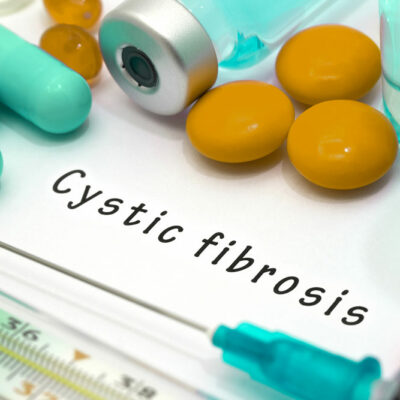
Three dietary essentials for psoriatic arthritis
Inflammation and pain in the joints are characteristics of a disease known as arthritis. There are many types of arthritis. The most common types are rheumatoid arthritis, psoriatic arthritis, osteoarthritis, and fibromyalgia. People who have been diagnosed with the skin condition of psoriasis are often diagnosed with psoriatic arthritis. It is a chronic type of arthritis. Similar to other types of arthritis, the joints become inflammatory and painful in this condition. In the long run, the joints can face some severe damage as well.
When diagnosed with psoriatic arthritis, there are certain foods that help manage its symptoms. On the other hand, there are other foods that one needs to avoid while coping with this inflammatory condition. The following foods can be consumed when diagnosed with psoriatic arthritis:
Anti-inflammatory omega-3s
Anti-inflammatory foods are an essential element of reducing any potential and painful side effects. Hence, they are an important part in the diet of people diagnosed with psoriatic arthritis. Omega-3 fatty acids constitute a type of polyunsaturated fatty acids (PUFAs). They have been proven to be quite helpful in coping and managing many health conditions due to their anti-inflammatory properties. According to a study, people who have been diagnosed with psoriatic arthritis were given PUFA supplements for over a period of 12 weeks. A decrease in the activity of disease was observed after the consumption of supplements with Omega-3s. Also, alpha-linolenic acid (ALA) is an essential type of Omega-3 that the body cannot make on its own. ALA can be converted to DHA and EPA, both of which are also important types of Omega-3s. However, since the conversion is low, it becomes essential to consume plenty of Omega-3 rich foods as a part of a healthy diet. Some of the best food sources of Omega-3 fatty acids are olive oil, chia, flax seeds, nuts, olive oil, flaxseed oil, and avocados.
Whole grains with high-fiber
One of the risk factors for psoriasis is obesity, and hence, it becomes a risk factor for psoriatic arthritis as well. Insulin resistance is one of the most common conditions that has been associated with obesity. Long-term blood sugar problems, mainly a poor diet, causes insulin resistance. For people who have been diagnosed with psoriatic arthritis, blood sugar control and weight management are extremely crucial aspects. Whole grains contain plenty of nutrients and fiber that are unprocessed and hence, get digested slowly. This helps in maintaining a healthy blood sugar level and avoid insulin spikes. Some of the best whole grains to consume are corn, quinoa, brown rice, and oats.
Fruits and vegetables with high anti-oxidants
Chronic inflammation can damage the body in conditions like psoriatic arthritis. The harmful oxidative stress from chronic inflammation is reduced with compounds like antioxidants. Lack of antioxidants has been linked with an increase in the disease activity as well as its duration. There are a bunch of natural food sources that are filled with antioxidants. Consuming fresh vegetables and fruits, spices, and nuts are a great choice as they are filled with antioxidants. Also, coffee beans are a great source of antioxidants. Some of the best food sources of antioxidants are green and dark leafy vegetables, nuts, dark berries, dark chocolate, nuts, tea, coffee, and dried ground spices.


